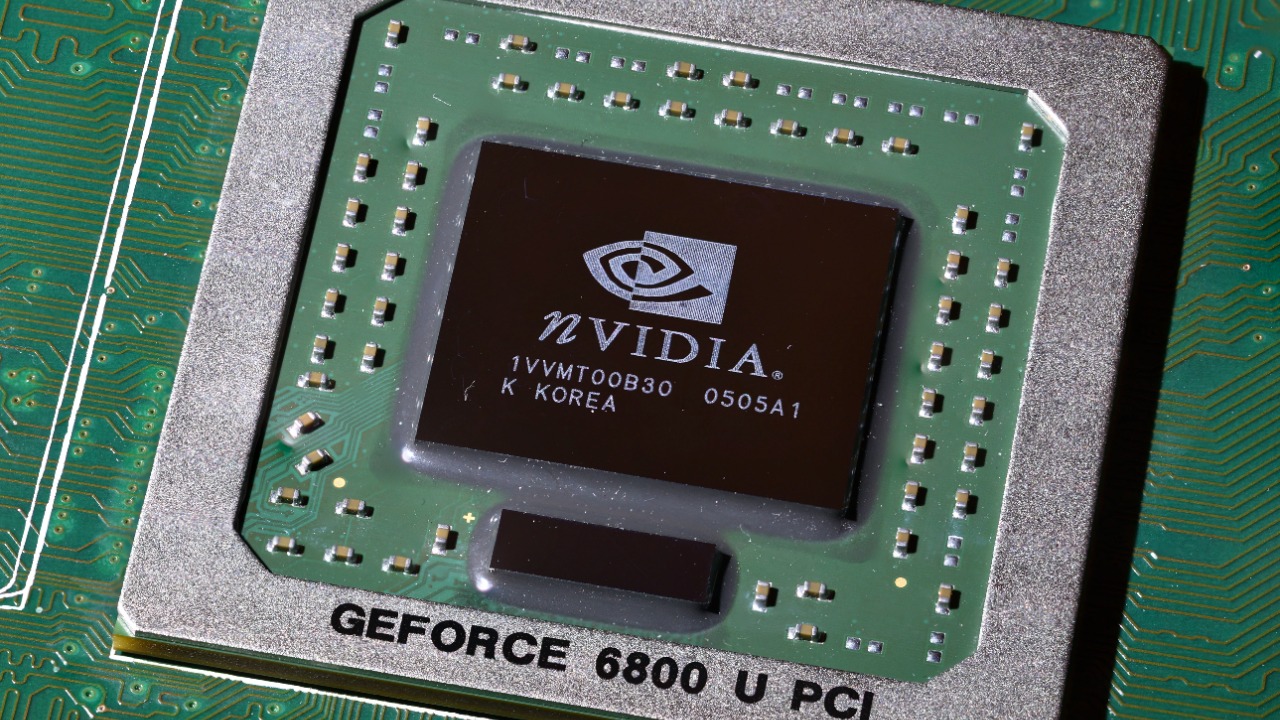
Federal prosecutors say a covert pipeline moved cutting-edge Nvidia AI hardware from the United States to buyers in China and Hong Kong, sidestepping export controls meant to protect national security. A newly unsealed indictment charges four people with orchestrating a multimillion-dollar smuggling ring that allegedly fed black-market demand for GPUs powerful enough to build supercomputers and train frontier artificial intelligence models.
1. The Federal Indictment Unfolds
The Federal Indictment Unfolds with prosecutors charging Four individuals in a sweeping case that centers on restricted Nvidia AI chips and GPUs allegedly routed to China and Hong Kong in defiance of U.S. export rules. According to one detailed account of the federal charges, the Justice Department says the group used sham purchase orders and falsified end-user information to disguise the true destination of the hardware. A separate summary of the indictment announcement notes that the case focuses on Nvidia AI accelerators that fall squarely under tightened export controls.
Federal filings described by another report say the four defendants are accused of conspiring to violate export laws, commit wire fraud and launder proceeds from the sale of restricted chips. One account of how the U.S. accuses four of smuggling advanced Nvidia chips to China stresses that the hardware at issue is explicitly designed for high-end AI and data center workloads. The stakes are significant for regulators, who view this case as a test of whether existing enforcement tools can keep pace with a global market that prizes these components for both commercial and military applications.
2. Key Players: Americans and Chinese Nationals
Key Players: Americans and Chinese Nationals emerge at the center of the indictment, which identifies two U.S. citizens and two Chinese nationals as alleged co-conspirators. One investigation into the Nvidia chips export plot involving Americans and Chinese nationals reports that the group allegedly blended legitimate-looking corporate entities with covert logistics channels to move hardware offshore. A separate summary of how federal prosecutors charged two Chinese nationals and two US citizens underscores that the defendants are accused of exploiting their access to U.S. suppliers and shipping hubs.
Another account of the case says the four accused in a black-market scheme to smuggle hundreds of Nvidia GPUs to China allegedly relied on personal and business ties in both countries to line up customers and payments. That cross-border structure, investigators argue, made the network harder to detect and highlights how export-control enforcement increasingly hinges on monitoring intermediaries, not just end buyers. For policymakers, the mix of Americans and Chinese nationals in a single operation illustrates the challenge of policing technology flows in a deeply interconnected supply chain.
3. The Massive Scale of the Operation
The Massive Scale of the Operation is evident in charging documents that describe hundreds of GPUs and millions of dollars changing hands. One report on the plot to export restricted Nvidia chips to China, Hong Kong says the hardware was worth several million dollars at current market prices, reflecting intense demand for high-end accelerators. The same reporting notes that the defendants allegedly broke shipments into smaller lots, routing them through multiple freight forwarders to avoid triggering automated compliance checks.
Another account of how the scheme involved smuggling Nvidia AI chips to China says the Justice Department has framed the case as part of a broader crackdown on illicit technology transfers. A separate summary of how federal prosecutors charged two Chinese nationals and two US citizens emphasizes that the chips were sophisticated enough to support advanced AI training, making each diverted shipment strategically significant. For U.S. officials, the alleged volume and value of the hardware underscore how profitable black-market channels have become as formal exports tighten.
4. Targeting Supercomputers Through AI Chips
Targeting Supercomputers Through AI Chips, the indictment zeroes in on Nvidia H200 AI accelerators and similar parts that can serve as building blocks for large-scale computing clusters. One detailed account of how feds charge four with illegally smuggling Nvidia AI chips to China reports that prosecutors view these components as critical for training state-of-the-art language models and powering supercomputers. Another description of the secret Nvidia AI chip smuggling ring says the group allegedly pitched buyers on the ability to assemble clusters that would otherwise be blocked by U.S. export rules.
Broader coverage of the alleged Nvidia AI chip smuggling to China notes that the case has already prompted calls in the House of Representatives for tighter tracking of individual chips. Another report on how Justice Department officials framed the charges says they argue that even a relatively small number of H200-class devices can materially boost a foreign supercomputing program. For industry and national-security planners alike, the case highlights how a single shipment of advanced accelerators can shift the balance of AI capability far beyond U.S. borders.
More from MorningOverview